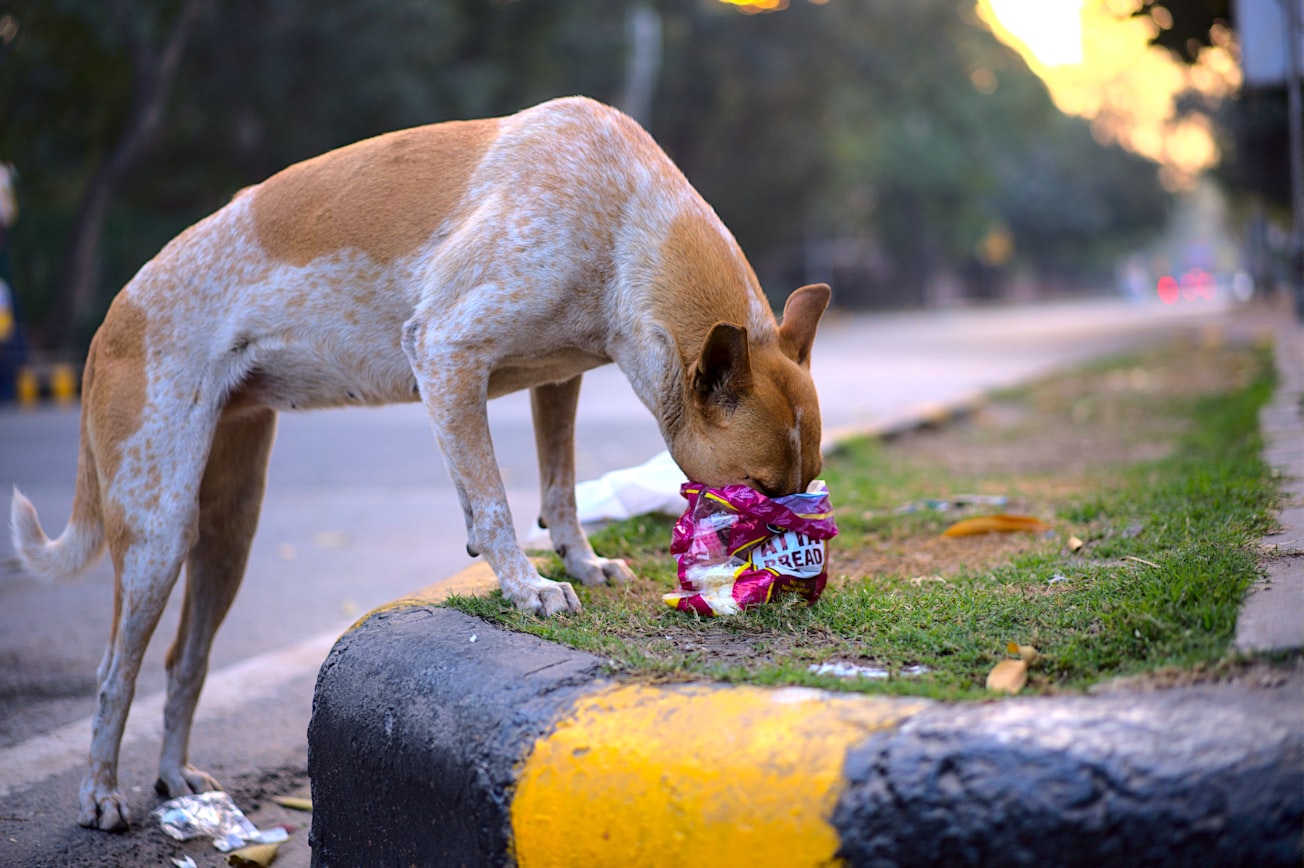What is it about?
Free-ranging dogs are distributed in human habitats across the global south. We conducted a study in and around 9 cities of India to test the level of sociability of these dogs towards unfamiliar humans. Human flux was found to have a strong influence on the behaviour of the dogs. Dogs in high human flux zones encounter strangers continuously. They are more cautious in approaching a stranger when called, but quick to respond when a food reward is offered. Dogs in areas of low human flux are the least sociable and trusting of humans, they do not tend to respond to strangers even when food is offered. Dogs living in areas of intermediate human flux, like residential areas, are the most sociable and trusting.
Featured Image

Photo by Alin Andersen on Unsplash
Why is it important?
This helps to understand dog behaviour towards humans on streets and can help to mitigate dog-human conflict.
Perspectives
Free-ranging dogs are a ubiquitous part of human habitations in India, having existed in similar ecological conditions for centuries. They provide interesting insights into the evolution of the dog-human relationship and how we might have shaped each other during the long history of co-evolution.
Anindita Bhadra
Indian Institute of Science Education and Research Kolkata
Read the Original
This page is a summary of: Sociability of Indian free-ranging dogs (Canis lupus familiaris) varies with human movement in urban areas., Journal of Comparative Psychology, February 2021, American Psychological Association (APA),
DOI: 10.1037/com0000241.
You can read the full text:
Contributors
The following have contributed to this page










